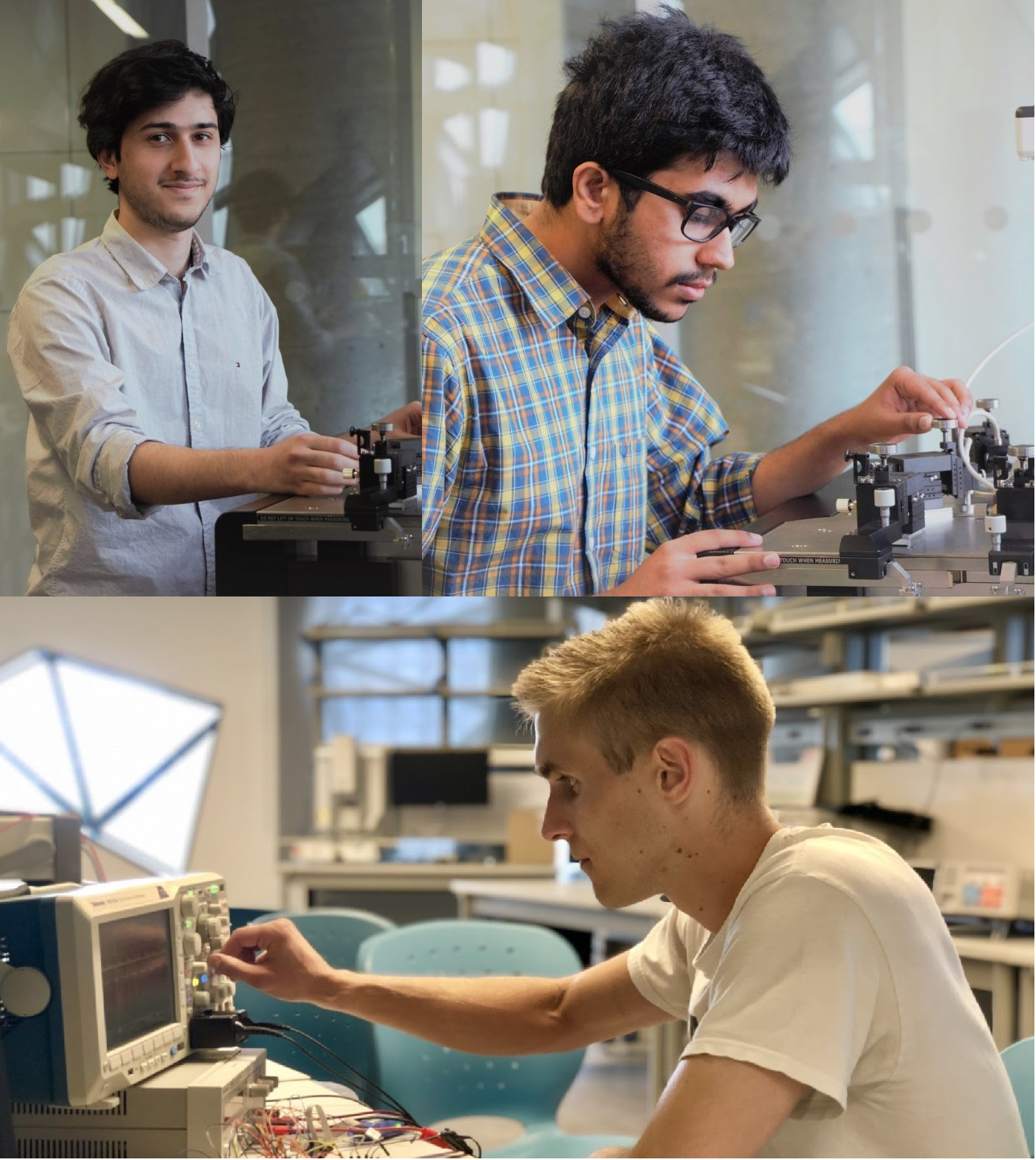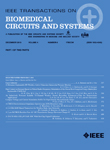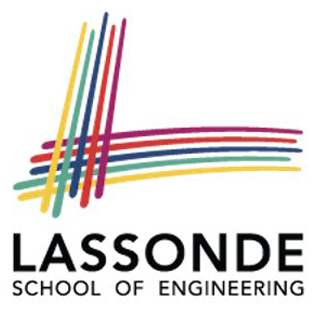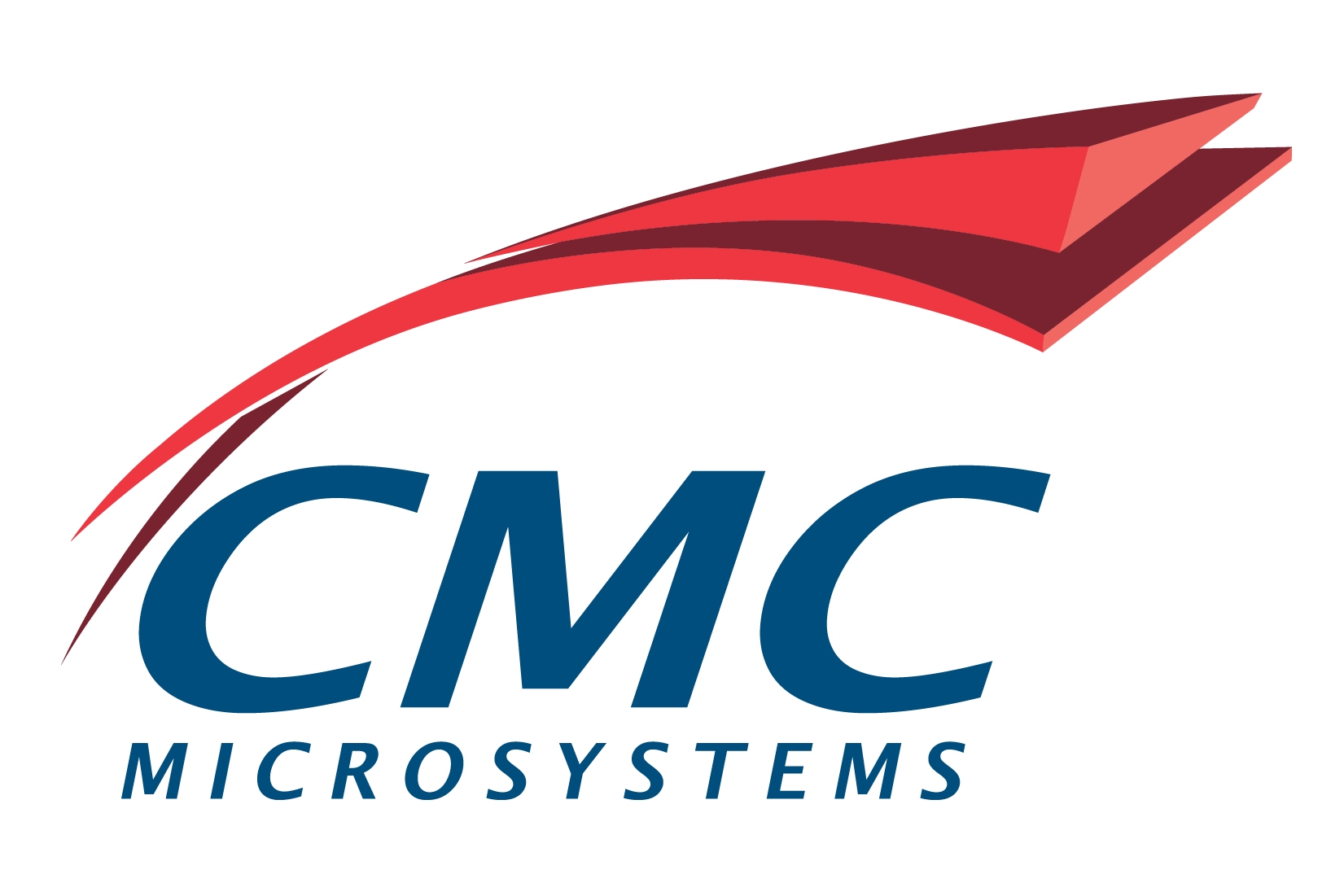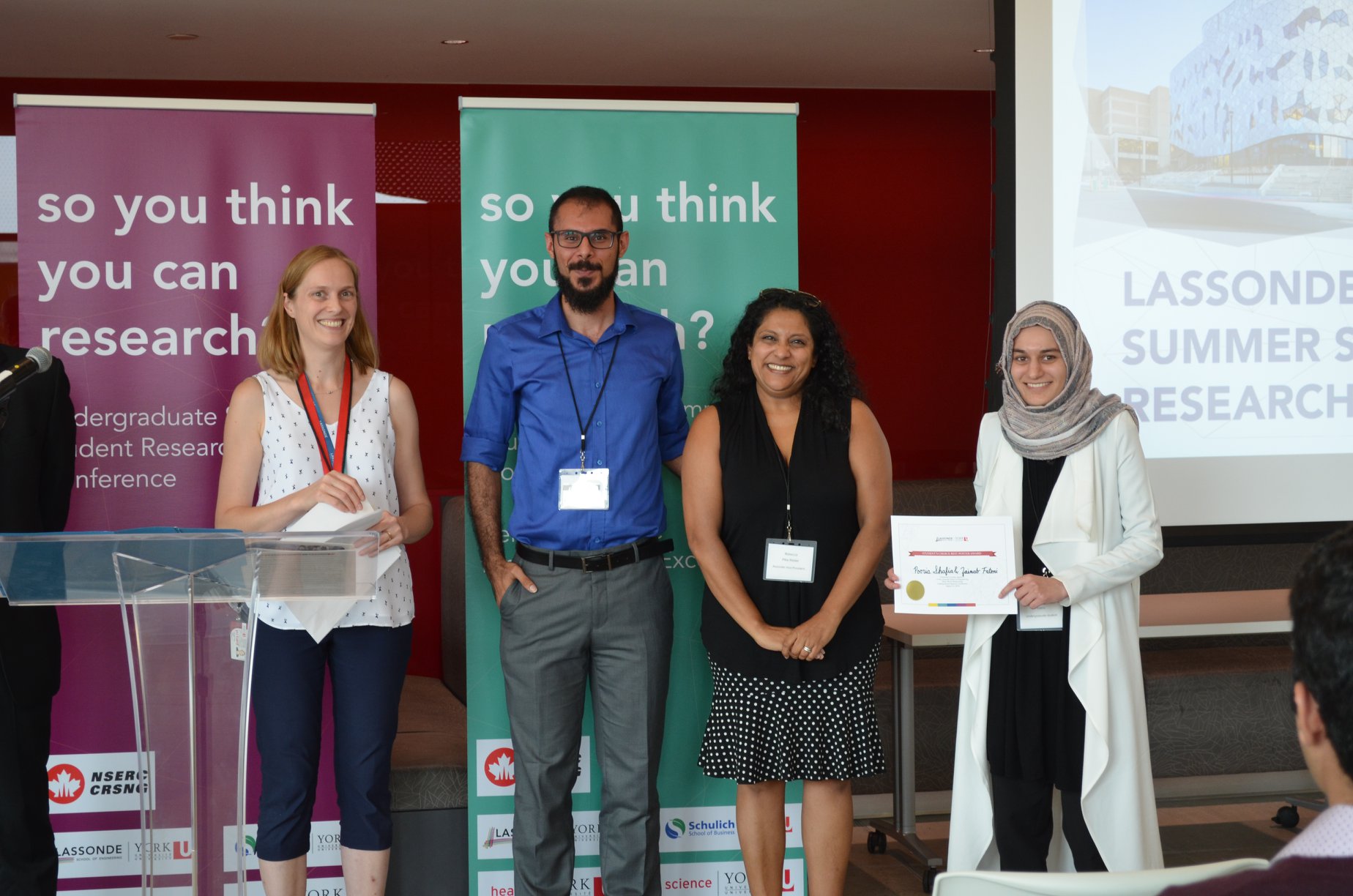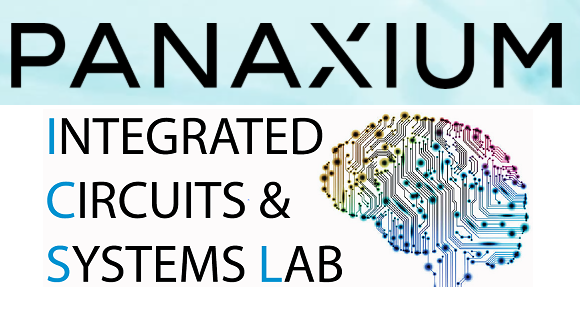New Undergraduate ICSL Members
ICSL welcomes three new undergraduate interns for the Summer 2019.
- Abhinav Sundur joining us from Birla Institute of Technology and Science, Pilani (BITS Pilani).
- M. Reza Karimi, a 2nd year Computer Science student from the EECS department at York U.
- Petr Roganov, a 3rd year space engineering student from the ESSE department at York U.
Welcome All!

